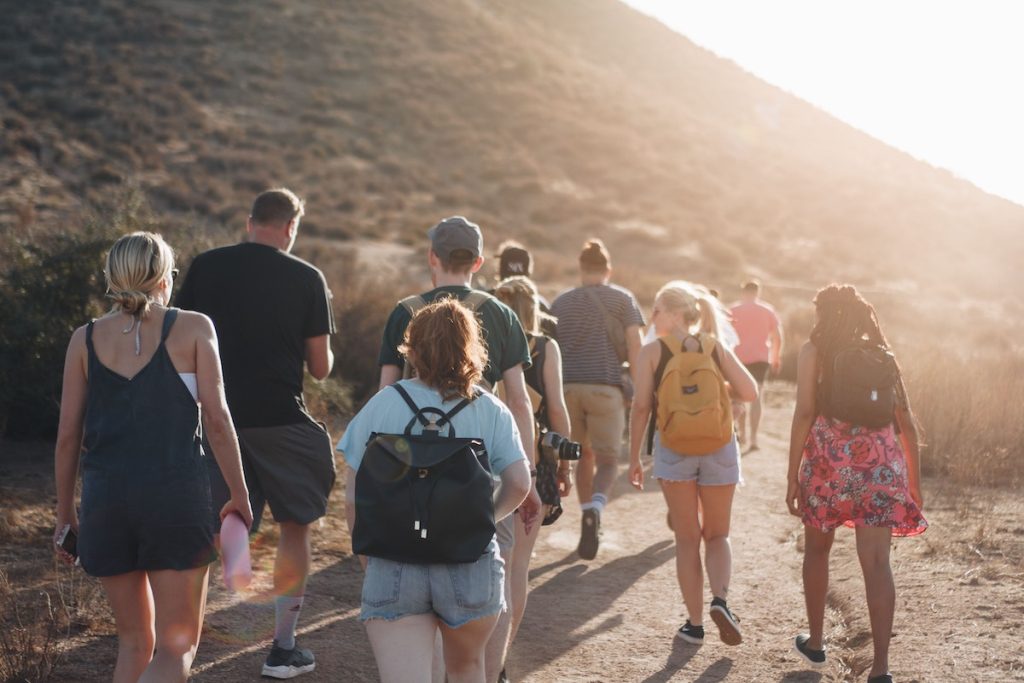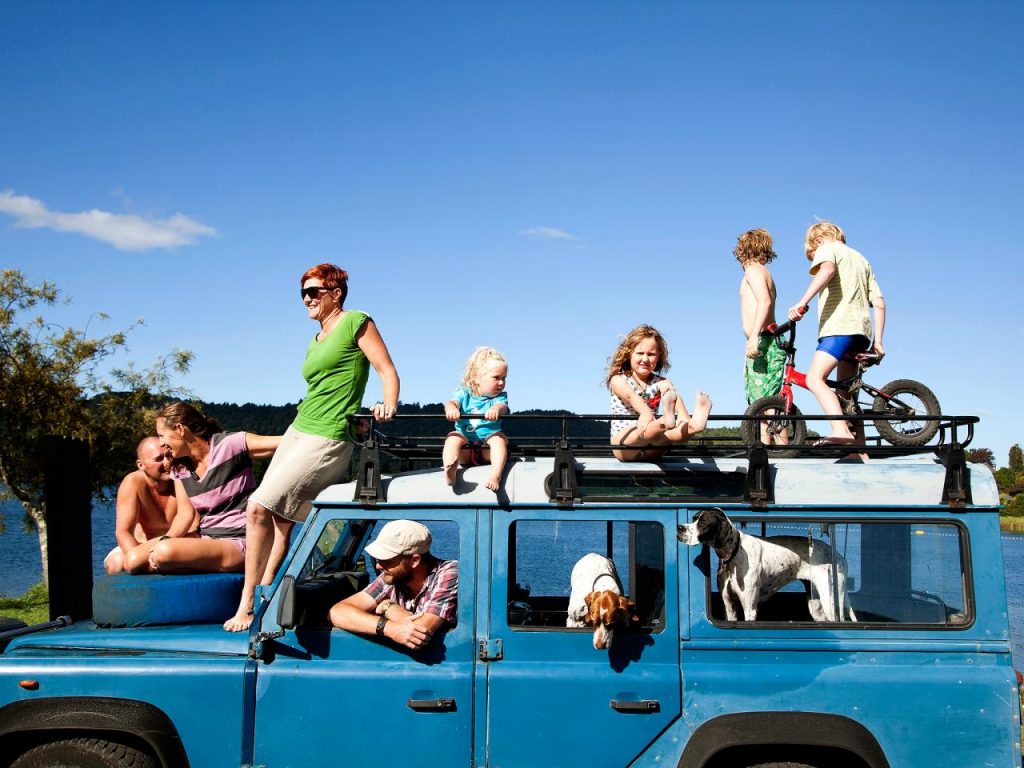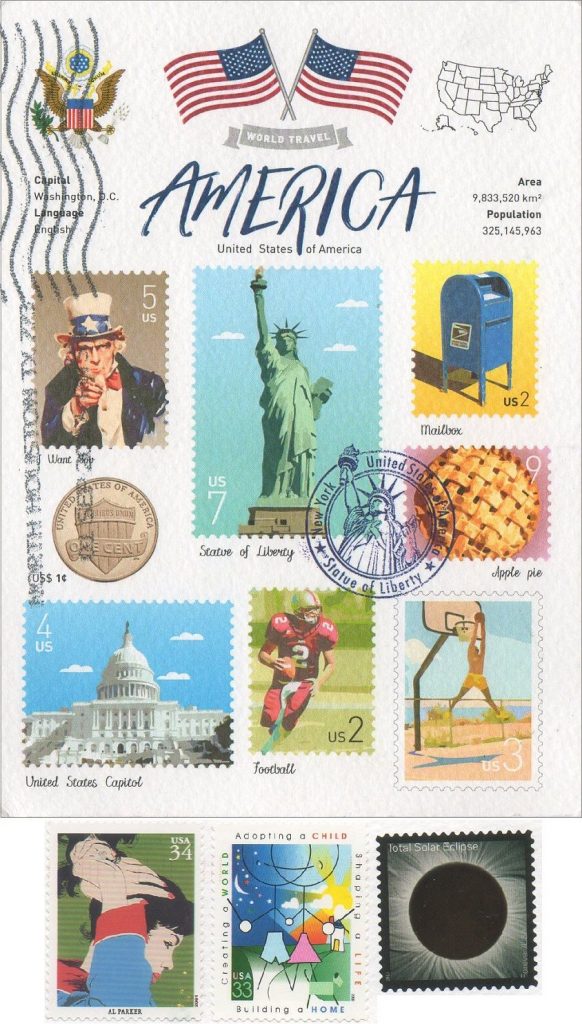There was a school of thought that the end of the COVID-19 pandemic would trigger a return to the Roaring 20s of a century ago – a period when, after years of deprivation and hardship, people collectively threw off the shackles and made living life to the fullest their priority once more.
But that’s not exactly how things have gone over the course of the past year. A combination of factors – the war in Ukraine, spiralling inflation, looming global recession – have combined to burst our post-COVID celebratory bubbles. We might want to cut loose and live free again. But the economic realities are forcing most of us to cut back on luxuries and accept a more austere lifestyle.
This trend is very much in evidence in people’s attitudes to travel. While the pandemic was still at its peak and global travel had been all but grounded, everyone was promising themselves a well-earned holiday when it was all over. And not just any holiday – a real bucket list adventure, a luxurious splurge to make up for being stuck at home for the best part of two years.
Travel nostalgia
But fast-forward to the present, and things have changed. Realities have forced people to put their grand plans on the backburner. Instead, according to a survey by Booking.com, 88% of people are planning what they describe as ‘nostalgia’ holidays in 2023 – trips that evoke memories of the good old days, including destinations that remind them of happy times past.
There’s quite a bit to unpick from that finding. One thing is that nostalgia is very much a hot trend in its own right at the moment. ‘Nostalgiacore’ – threads and communities dedicated to films, TV, music and culture in general from decades past – is all over social media at the moment. Travel nostalgia fits into that category.
In many ways, interest in the past is nothing new. They say fashions and fads go in cycles, anyway. Not only do people get to a certain age and start reminiscing fondly about the cultural touchpoints of their youth (80s and 90s, anyone?), but younger people start exploring what was cool (or otherwise) about generations past.
But at the same time, psychologists argue that nostalgia plays an emotional role. When times are tough, when we feel anxious or stressed out, we look for the comfort of happy memories. This in turn leads to a kind of yearning for happier times – if only everything was just like it was back then, we’d feel better.
In the context of all the upheaval of the past few years, a psychological need for a certain escapism makes a lot of sense. If you find yourself struggling, consider seeking help. The present feels confusing, complex and scary a lot of the time. If only we could go back to the way things were!
With travel, you kind of can. Or, at least you can revisit places where you have holidayed in the past, where those happy memories are located. This can take lots of different forms – perhaps returning to places you remember from your childhood, or returning with your partner to the place you honeymooned at. Walking into those happy memories will bring the feel-good factor back.
Playing safe
This all means there is something inherently conservative about nostalgia-driven travel – in as much as it doesn’t lend itself to trying out new destinations, anyway. By definition, if you want to relive those happy holiday memories from the past, you are going to be visiting familiar places.
And let’s not forget, for most of us, our holiday memories from childhood aren’t of annual trips to exotic far-flung destinations. They are of family beach holidays to short haul destinations like Spain or Greece, road trips via ferry to France, camping excursions at home in the UK – places that are within relatively easy reach.
There are reasons other than nostalgia why staying closer to home is appealing at the moment. When we’re all having to watch our spending, splashing out on those dream adventures we longed for during the pandemic just isn’t practical. If we are going to get away at all, it will have to be done on a budget.
Unsurprisingly, this is another strong trend the Booking.com survey identified. Nearly two-thirds of travellers (63%) say they are taking more notice of deals, tips and travel hacks to try to plan a holiday on a tighter budget. 61% say they are starting to plan earlier in the hope of finding better deals.
Tightening the purse strings for travel also means taking fewer risks, and that again ties in neatly with more people taking holidays in familiar, not-to-distant locations. You know what to expect and you can find cheaper deals.
Wanting to avoid financial risks is also leading to more people buying travel insurance. Sales of travel policies are now higher than they were pre-pandemic. The COVID travel experience, when every trip was only a positive COVID test away from a last minute cancellation, made everyone realise the financial implications of not having insurance if circumstances outside your control took over.
Now, the last thing anyone can afford when going on holiday is a late flight cancellation leading to them losing their hotel or car hire deposit. Or paying for lost luggage. Or, most devastating of all, suffering a medical emergency and having to pay potentially thousands for hospital care in a foreign country.
As far as taking the financial risk out of travel goes, the relatively low cost of buying travel insurance cover makes total sense.





